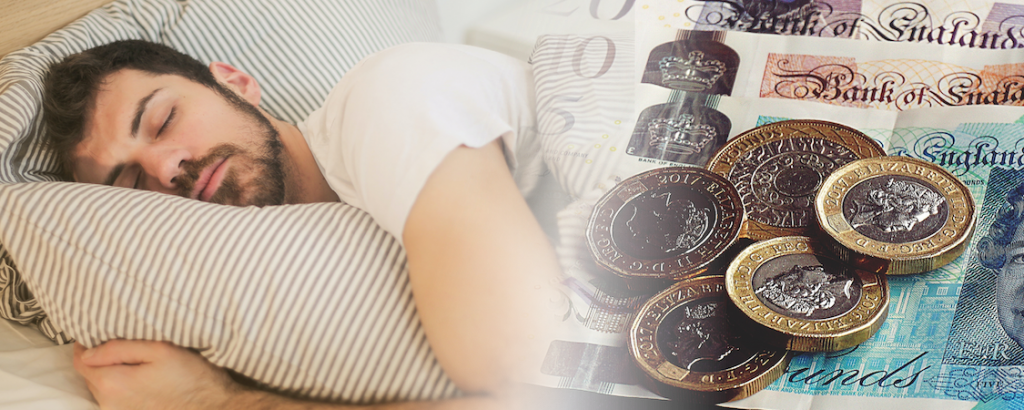What is Dry January about?
It is a month-long challenge to go without alcohol for the 31 days of January. The charity Alcohol Change UK have been running Dry January since 2012.
The aim is not to get people to give up drinking altogether but to see the benefits you can get from a break and raise awareness of the risks to your health associated with alcohol.
Alcohol Change UK say a month off is the perfect way to reset your relationship with alcohol and that changes made in that time can have a positive, long-lasting impact on your health.
What are the benefits?
Not drinking alcohol for a month has both immediate and long-term benefits.
Going to bed without any alcohol in your system leads to higher quality sleep, making you feel bright and more energetic the next day. You are also less likely to be dehydrated as alcohol is a diuretic, meaning it removes fluid from your body. That’s what causes the classic hangover headache.
Unlike food, we may not often think about the calories in the drinks we consume.
Did you know that a pint of 5% strength lager has as many calories as a Mars bar or that a large glass of wine is as calorific as a slice of sponge cake?
We lose weight when we burn off more calories than we consume, so cutting out alcoholic drinks can help your waistline and save you money too.
Seventy per cent of people who have completed an alcohol-free month said they slept better, with 86% saying they saved money as well.

A months’ break also gives your liver – the organ that breaks down the alcohol you drink so your body can process it – the chance to recover. Our livers are regenerative, meaning that they can heal themselves just like your body heals a wound.
Other benefits of a dry month include reduced blood pressure and the associated risk of a stroke, lower cholesterol and reducing the chance of cancer-related proteins developing.
Alcohol’s links to cancer are much less widely known than tobacco. In fact, alcohol causes at least seven types of cancer, including bowel, breast, mouth, and throat cancer. One in every 25 new cancer diagnoses is directly linked to excessive alcohol consumption.
Changing our habits can help to reduce the risks of developing a severe illness. A month-long break helps make lasting changes to how much alcohol we drink helps even more.
Why go dry?
When the campaign began, it made sense to tie in with existing patterns of behaviour that follow the festive season – be it a detox, new exercise regime or tightening the purse strings.
The awareness of Dry January has significantly increased, and with more people doing it, there is more peer support. The chance to reset our relationship with alcohol can be made easy when done in partnership with others.
Of course, it doesn’t have to be January at all. There is support, resources and help available year-round, whether it’s a dry January, Alcohol-free April, or a Sober September.
You can find comprehensive support at Alcoholchange.org.uk. Here are three top options.
‘Try Dry’ is a free smartphone app that helps you meet your goals with progress trackers for units, calories and money saved, daily motivation and achievement badges. There are also quizzes and science-led information to help you understand your drinking patterns and how to change them.
Drinkline is a free, confidential helpline for people concerned about their drinking or someone else’s. Call 0300 123 1110 (weekdays 9 am–8 pm, weekends 11 am–4 pm).
Alcoholics Anonymous offer round-the-clock support online, by phone and by email.
Alcohol Change UK say you can break a habit in 3 weeks. Giving yourself enough of a break to feel the short- and medium-term benefits will also mean changes in routine and behaviour will likely last longer.
